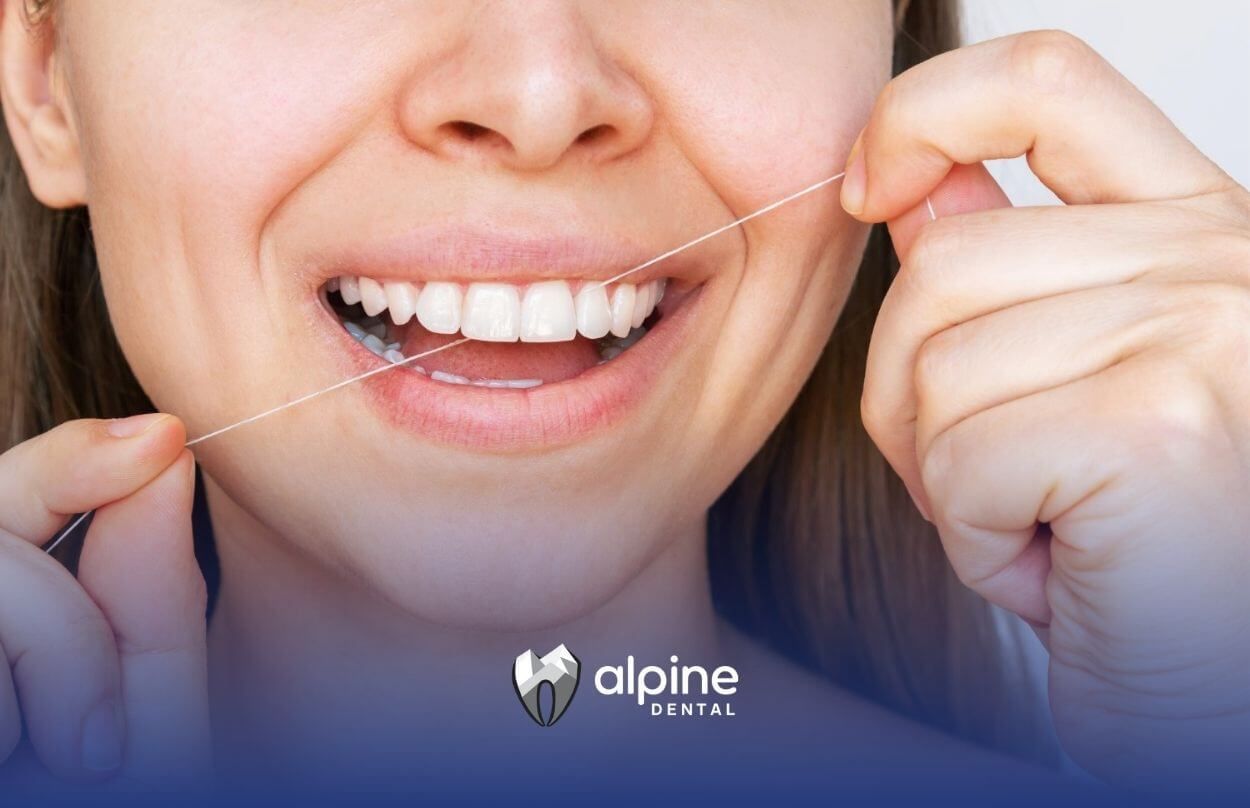Mouth Ulcer Causes: Common Triggers and How to Prevent Them
Mouth ulcers, also known as canker sores, are small painful lesions that develop in your mouth or at the base of your gums. They can make eating, drinking, and even talking uncomfortable. Although they are usually harmless and heal on their own within a week or two, frequent or particularly painful ulcers may indicate an underlying issue that needs attention.
In this article, we'll explore the most common causes of mouth ulcers, potential risk factors, ways you can prevent and manage them effectively, and when to seek professional help.
What Are Mouth Ulcers?
Mouth ulcers are open sores that occur inside the mouth. They appear as white, yellow, or grey spots with a red, inflamed border. Unlike cold sores, they are not contagious and typically occur inside the cheeks, lips, on the tongue, or at the base of the gums.
Common Causes of Mouth Ulcers
1. Stress and Anxiety
One of the most common triggers for mouth ulcers is emotional stress. Stress affects the immune system, making you more susceptible to inflammation and infections, which can lead to ulcers.
2. Minor Injuries
Biting your cheek accidentally, brushing too hard, dental appliances like braces or ill-fitting dentures, and even eating hard or sharp foods (like chips or toast) can cause small injuries that turn into mouth ulcers.
3. Nutritional Deficiencies
Deficiencies in essential nutrients, particularly vitamin B12, iron, zinc, and folic acid, are linked to the development of mouth ulcers. These nutrients play a key role in maintaining a healthy immune system and tissue repair.
4. Hormonal Changes
Hormonal fluctuations, especially in women during menstruation, pregnancy, or menopause, can trigger mouth ulcers.
5. Food Sensitivities
Certain foods can irritate the mouth lining or trigger an immune response that results in ulcers. Common culprits include:
- Citrus fruits like oranges and lemons
- Spicy foods
- Chocolate
- Coffee
- Strawberries
- Nuts
6. Medical Conditions
Several underlying health conditions are associated with frequent mouth ulcers, including:
- Celiac disease: An immune reaction to gluten.
- Crohn’s disease: An inflammatory bowel disease.
- Behçet’s disease: A rare disorder causing blood vessel inflammation.
- HIV/AIDS: Weakens the immune system, leading to frequent ulcers.
7. Medications
Certain medications can cause mouth ulcers as a side effect. These include:
- Nonsteroidal anti-inflammatory drugs (NSAIDs) like ibuprofen
- Beta-blockers
- Chemotherapy drugs
8. Tobacco Use
Smoking or using other forms of tobacco can irritate the mouth lining, leading to ulcers. Interestingly, some people develop mouth ulcers when they try to quit smoking, possibly due to changes in the mouth environment.
9. Viral, Bacterial, and Fungal Infections
Infections such as herpes simplex virus, bacterial infections, or oral thrush (a fungal infection) can lead to painful ulcers in the mouth.
Risk Factors for Developing Mouth Ulcers
While anyone can develop a mouth ulcer, certain factors increase your risk:
- Family history of mouth ulcers
- Weakened immune system
- Allergies to food or oral care products
- Poor dental hygiene
- Hormonal changes
- Emotional stress
How to Prevent Mouth Ulcers
1. Maintain Good Oral Hygiene
Brush and floss daily to keep your mouth clean and free from irritants. Use a soft-bristled toothbrush to avoid injuring your gums and inner cheeks.
2. Watch Your Diet
Avoid foods that trigger ulcers for you. Incorporate a balanced diet rich in vitamins and minerals, particularly B12, iron, folic acid, and zinc.
3. Manage Stress
Engage in stress-reducing activities like yoga, meditation, exercise, or simply taking regular breaks to relax.
4. Protect Your Mouth
If you wear braces or dentures, ensure they fit properly. Use orthodontic wax to cover sharp edges that might cause injury.
5. Stay Hydrated
Drink plenty of water throughout the day to keep your mouth moist and less susceptible to irritation.
6. Choose the Right Oral Care Products
Some toothpaste and mouthwashes contain sodium lauryl sulfate (SLS), which can irritate the mouth lining. Look for SLS-free products if you’re prone to ulcers.
Treatment Options for Mouth Ulcers
1. Home Remedies
- Saltwater Rinse: Mix one teaspoon of salt in a glass of warm water and rinse your mouth gently.
- Baking Soda Paste: Make a paste with water and baking soda and apply it directly to the ulcer.
- Honey: Dab honey on the sore. It has natural antibacterial and healing properties.
2. Over-the-Counter Products
Topical pastes, gels, or mouth rinses containing ingredients like benzocaine or hydrogen peroxide can relieve pain and speed up healing.
3. Prescription Treatments
For severe cases, your dentist or doctor may prescribe corticosteroid lozenges or stronger medications to control pain and inflammation.
4. Address Underlying Causes
If a nutritional deficiency or health condition is causing your ulcers, treating the underlying issue is crucial for long-term relief.
When to See a Dentist or Doctor
While most mouth ulcers heal on their own within 7-14 days, seek professional help if you experience:
- Ulcers that last longer than three weeks
- Extremely painful sores
- Frequent recurrences
- Difficulty eating or drinking
- High fever along with mouth ulcers
Early diagnosis can help rule out serious conditions like infections or oral cancer.
Conclusion
Mouth ulcers can be frustrating, but understanding the causes and knowing how to prevent them can make a big difference in your oral health and comfort. From managing stress to maintaining good nutrition and oral hygiene, small lifestyle changes can significantly reduce the occurrence of ulcers.
If you're struggling with frequent or severe mouth ulcers, Alpine Dental is here to help. Our team is dedicated to diagnosing the root cause of your discomfort and offering personalized treatment solutions to keep your smile healthy and pain-free. Schedule an appointment with us today and take the first step toward better oral health!
Frequently Asked Questions
Are mouth ulcers contagious?
No, mouth ulcers are not contagious. Unlike cold sores caused by the herpes virus, mouth ulcers are typically the result of irritation, stress, or other non-infectious factors.
How long do mouth ulcers typically take to heal?
Most mouth ulcers heal within 7 to 14 days without the need for treatment. However, if an ulcer lasts longer than three weeks, you should consult a healthcare professional.
Can certain foods cause mouth ulcers?
Yes, foods like citrus fruits, spicy foods, chocolate, coffee, and nuts can irritate the mouth's lining and trigger ulcers in sensitive individuals.
Sources:
- https://www.nhs.uk/conditions/mouth-ulcers/
- https://health.umms.org/2020/11/10/stress-immune-system/
- https://pubmed.ncbi.nlm.nih.gov/11321515/
- https://www.mayoclinic.org/diseases-conditions/oral-thrush/symptoms-causes/syc-20353533
- https://www.ewg.org/skindeep/browse/ingredients/706110SODIUM_LAURYL_SULFATE/?category=toothpaste




